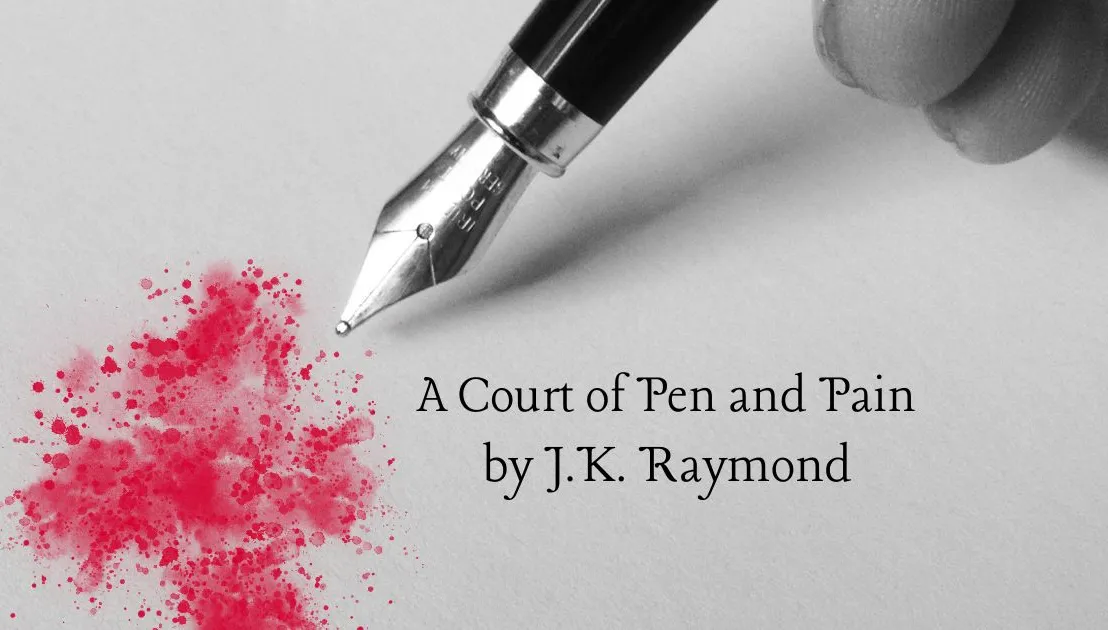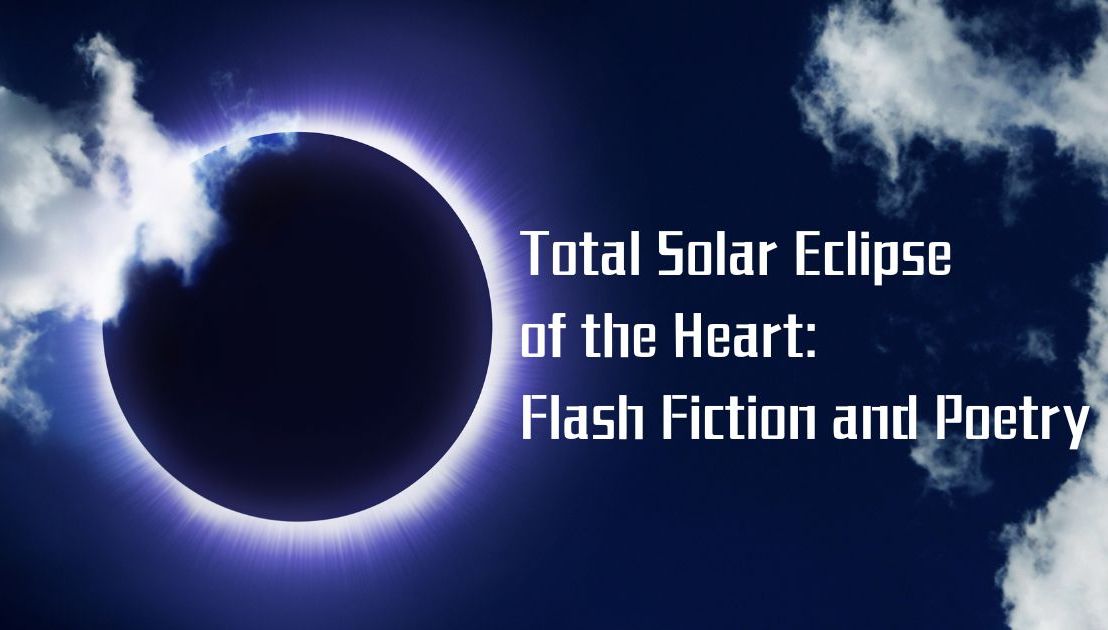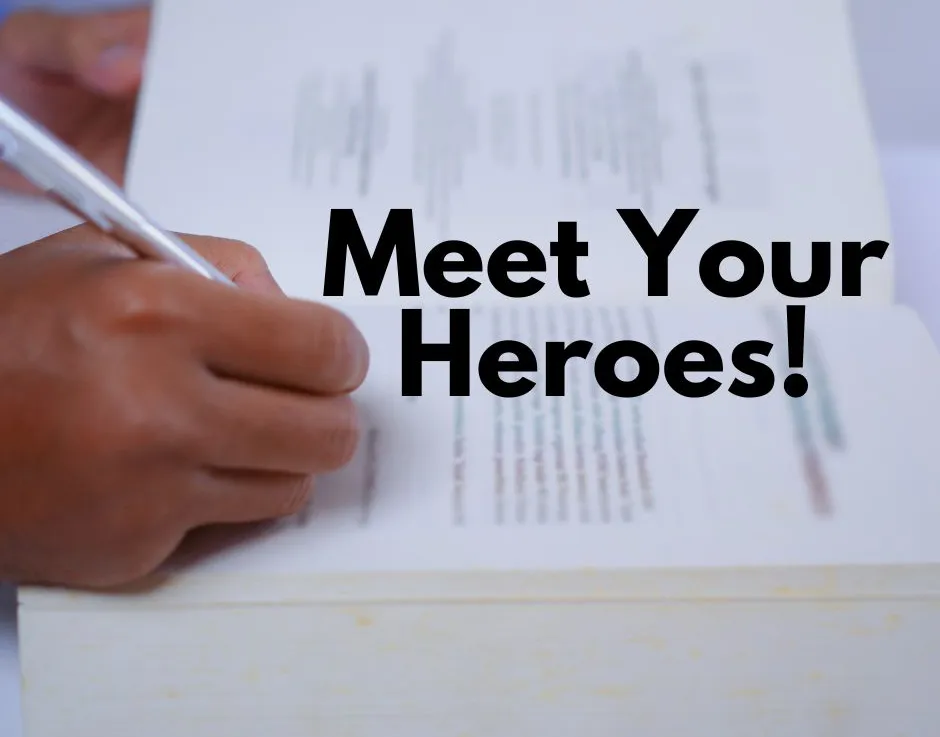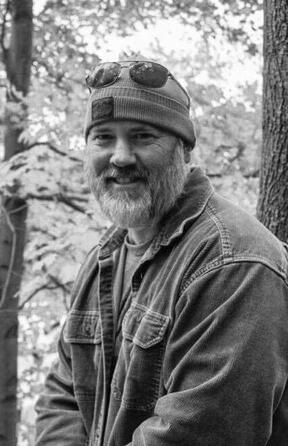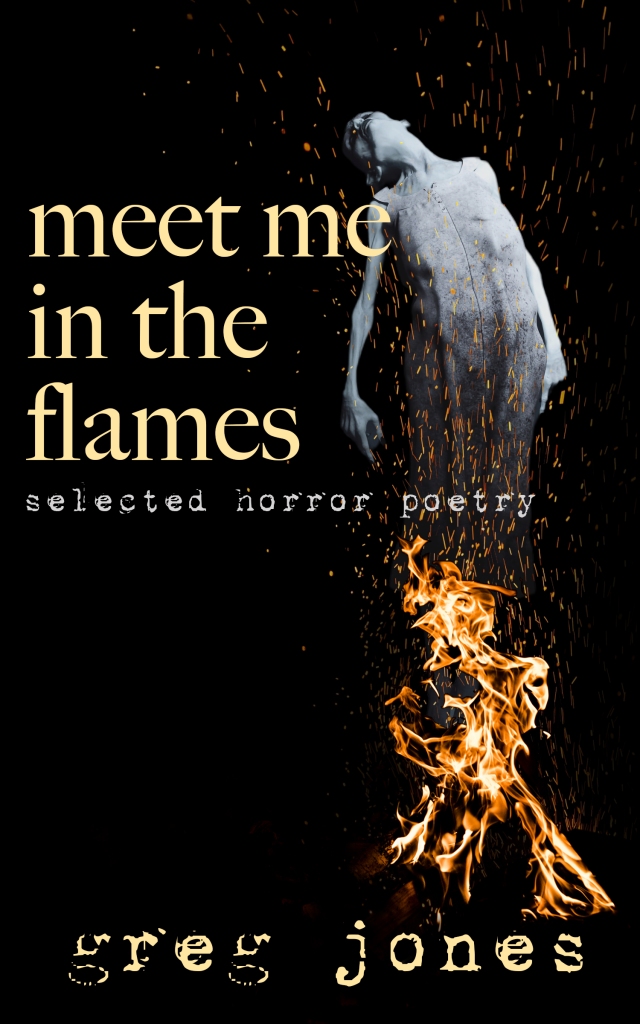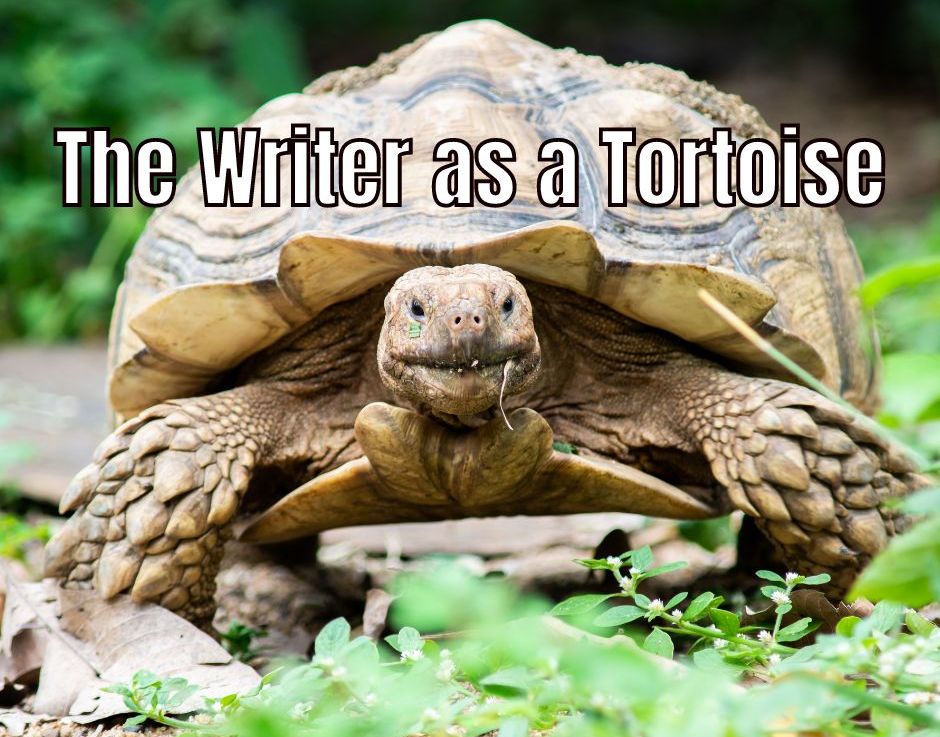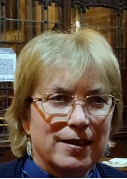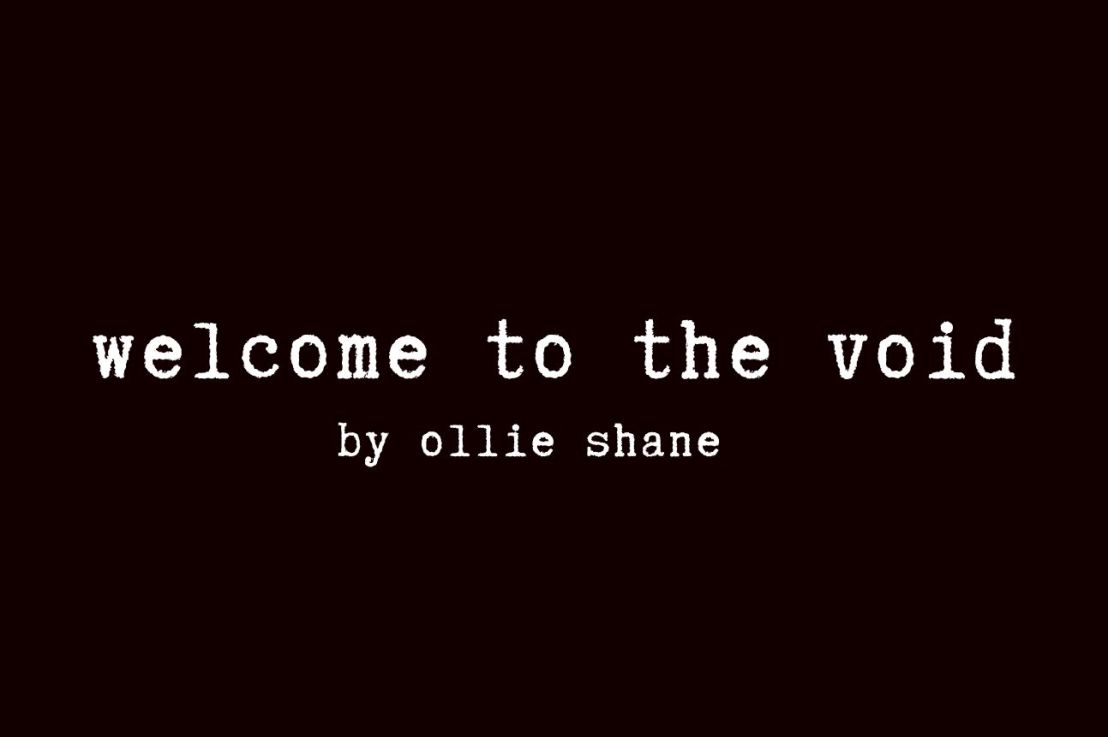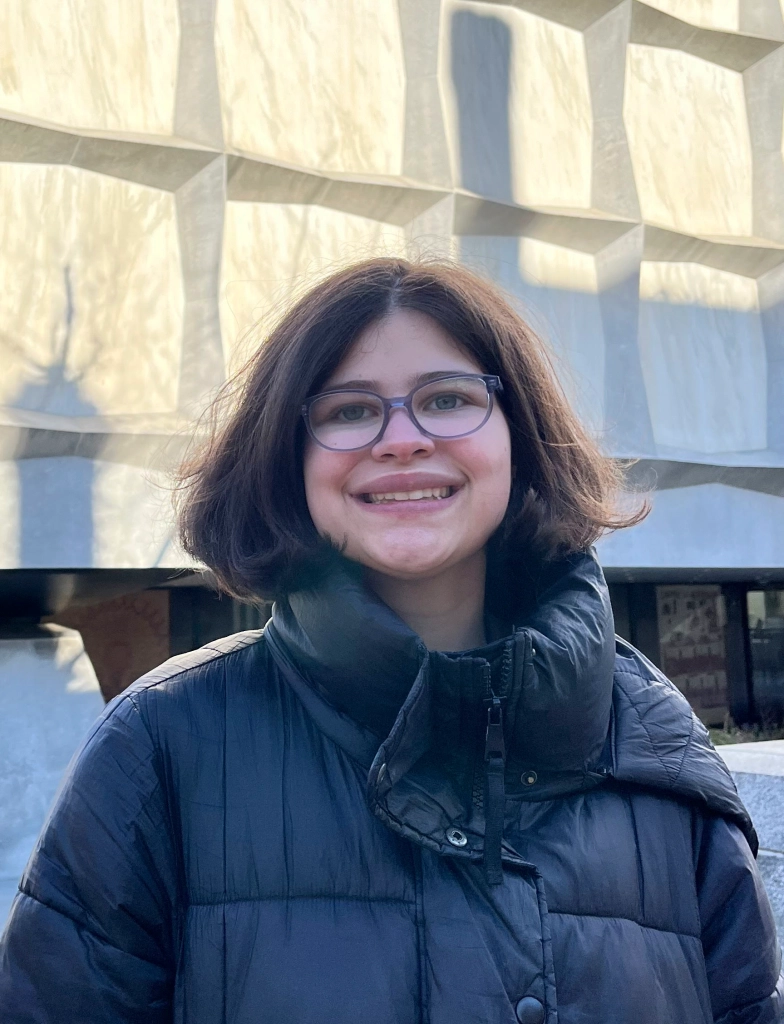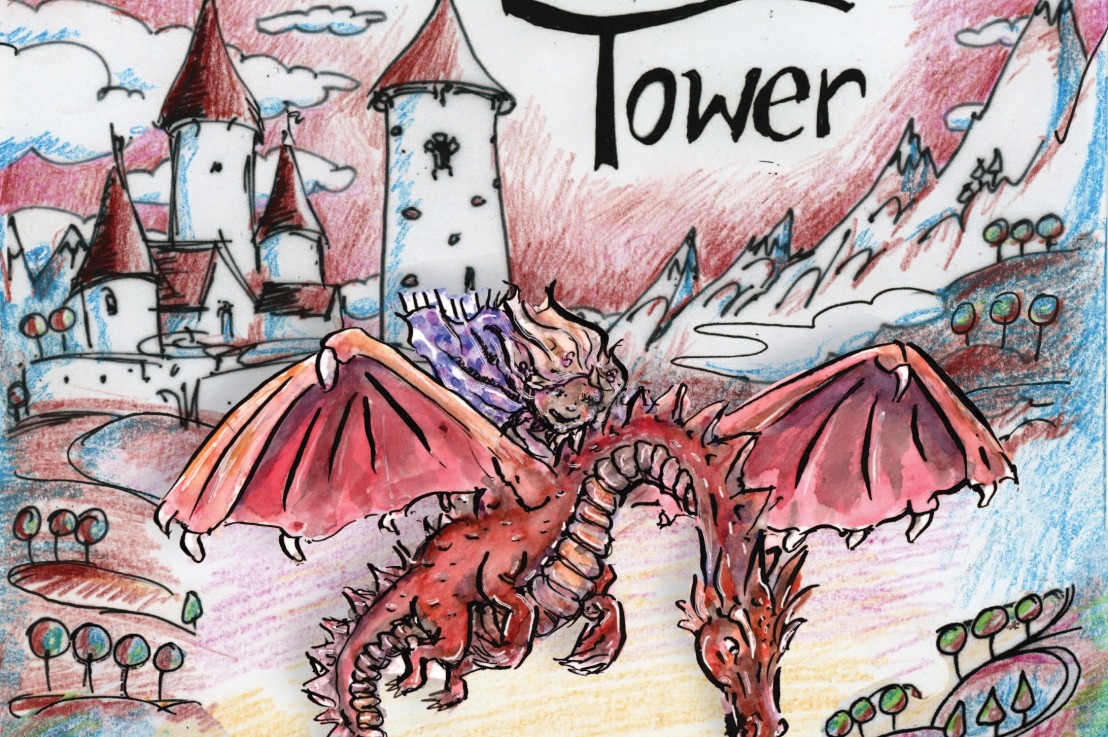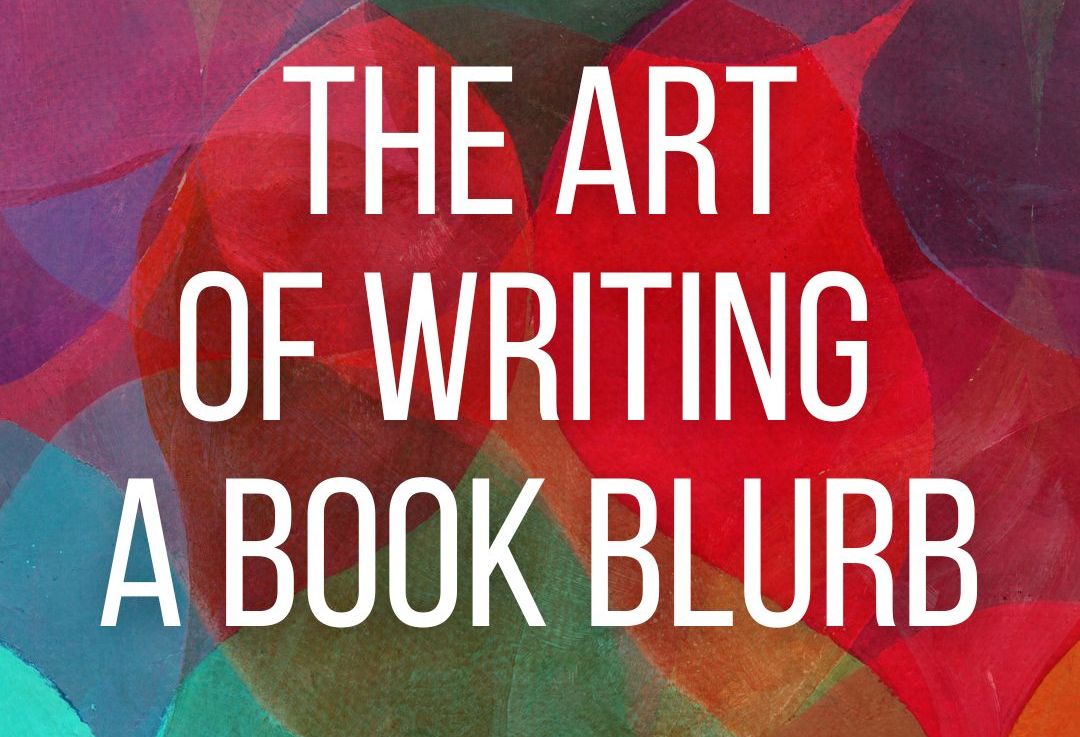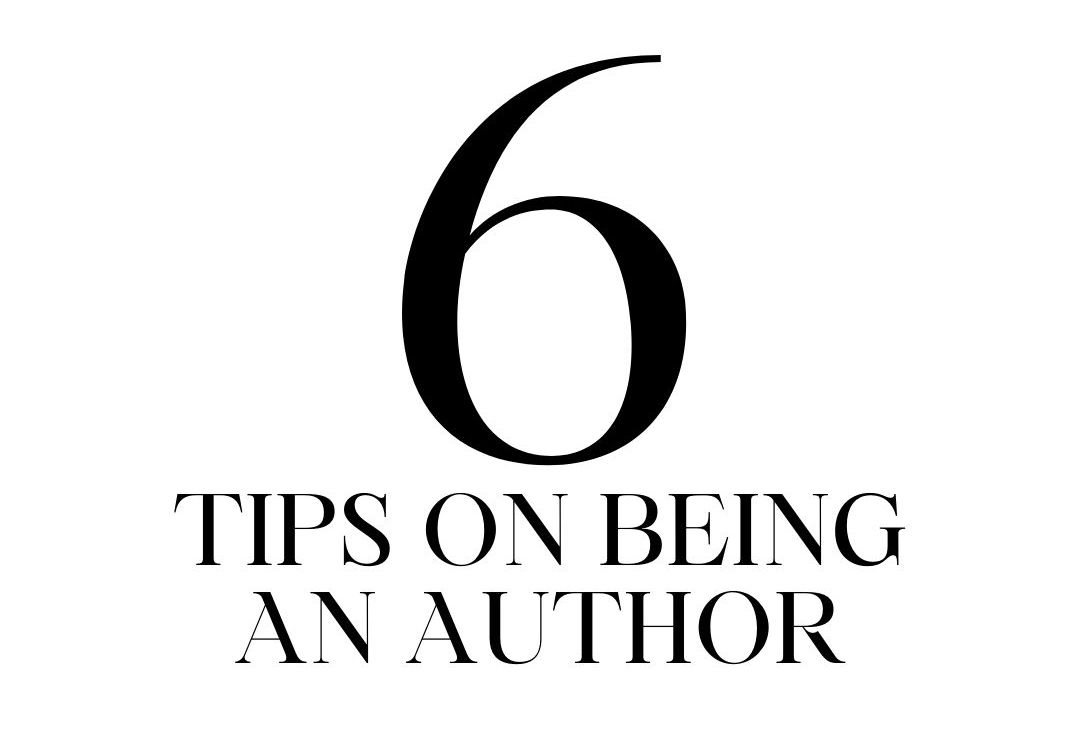Within the World of Creativity, there are realms that are delegated to each of the arts. Each realm is there to ensure their designated art lives on. In The Realm of Writing, there is one goal. To fill The Library of Knowledge with new works. To ensure success is achieved each potential writer is bestowed special gifts at birth. Three enchanted candles are gifted by the fates, each candle equally important. The Candle of Creativity, The Candle of Passion, and The Candle of Ability. Guaranteeing that muses be drawn by its curious glow, that lurking shadows of half-heartedness be scattered by its brilliance, and that the shades cast by demons of disease be to reduced gradient piles of harmless ash. Thus, ensuring each writer has the best possible chance to add to the knowledge that came before them. But the fates are just as cruel as they are benevolent.
For reasons they will not reveal, the fates also released a curse on a small number of the third candles. Placing them directly in the path of never-ending storms, eternally challenging the enchanted fires atop them. Leaving The cursed Candles of Ability to spit and flicker in a constant battle to glow as bright as the matching pair beside it. Often wavering before fading to black for days, months, or years at a time. Forcing those rendered with it to live out their lives in sporadic shadows it creates. Those born with it left wondering who they could have become and what they could have created if only they were able. Those forced to accept that their third candle, once constant and true, was cursed in their prime, must live out the rest of their days in the shadows of creations they once made, but never will again. Both cursed, both left wondering, “Why?”
In the farthest corner of the realm lies the darkest court. The Court of Pen and Pain. Every member from King and Queen to merchant and peasant are the recipient of an inconstant Candle of Ability. A court cursed. Where demons of disease lurk in the shadows left by the absence of a healthy glow. Stealing breath, sometimes for a moment, a minute, or in the blackest of times, forever. Inflicting pain, sometimes for a second, an hour or sometimes an eternity. They lay in wait and creep up slow. They strike with a titan’s blow or a phantom’s kiss.
Existing in The Realm of Writing means you were born into The World of Creativity. This is a difficult enough calling, even under the best circumstances. Attempting to wield the pen is a harrowing notion. Success is rare. Hence, the gifts. In The Court of Pen and Pain members exist in a realm where the circumstances are more than harrowing, they are dire. Writers of this court must learn to wield the pen in one hand and the sword in the other. Fighting demons while weaving tales to enlighten or entertain under impossible conditions. Failure is not an option. Being born into The World of Creativity means you must create. It is a calling, and it is relentless. A call unanswered will tear at your mind, shame your soul, or both until there is little left of either.
No one in The Realm of Writing is guaranteed a place in The Library of Knowledge. The exalted position of Author must be earned. Even writers who deserve to be acknowledged formally will not necessarily make the cut for one reason or another. Nepotism, bad timing, politics, feuds, or just plain bad luck can leave piles of worthy material unbound and unshelved. The same standards for those with all three candles burning bright, apply to those of The Court of Pen and Pain. Fairness is not guaranteed anywhere in The Realm of Writing. If your work is going to rest bound in leather for all time in The Library of Knowledge, it must be equivalent in quality to the works shelved on either side of it. Exceptions are not made for works written by a body wracked in pain. Slaying demons in the dark while writing work equivalent to those who’ve done nothing of the sort holds no merit here. To be a writer at The Court of Pen and Pain you must be a warrior first and a writer second. To become an Author acknowledged by The Library of Knowledge, you must be both at the same time, and you must be relentless on both fronts. Once you are signed on as an official Author of the Library of Knowledge you belong to it and it belongs to every world, not just The World of Creativity. Author is the most coveted position within one of the most wicked of callings. Now a writer will answer not only creativity’s call but will also answer the call to defend their name. A name now written in permanent ink at the bottom of contracts which have now come into play. Contracts with due dates that do not care if the Author is battling a chimera of diseases. Nor does the chimera of diseases care about the contracted due date, the relentless calling, or defending a good name. The only one who cares is the Author. The days of choosing to write only when the chimera is weakened, perhaps even blessedly knocked out for a few peaceful hours, are over. So, it’s a good thing the fates weren’t done.
All of the Worlds have their complications. Any human, from any world, be it the arts or stems, will undoubtedly face a myriad of overwhelming problems during their lifespan. The fates don’t just play with the humans of The World of Creativity. They are equal opportunity stirrers of the providential pot. So, to ensure the success of humans and their contributions to their fellow man the fates once again bestowed a gift. Upon their birth each human in every world is gifted a kernel of willpower. The kernel resides inside the soul of each human. This gift becomes part of the them and bonds with the body and the soul it was placed in. When the body hits a tipping point it trips a switch activating the kernel like a backup generator would when the main source of power is not enough for the load pulling on it. When the switch is flipped a steady stream of willpower flows into the body giving the drained human enough power to overcome the adversity that flipped the switch. The body and soul then continue to draw strength from the additional source until it is no longer needed. When the crisis is over the switch flips again and the additional source of power is cut off. The body and soul reverting back to its natural state.
The body and souls’ ability to flip the switch can start at an early age. Leaving many humans to be described as weak willed or strong willed from the earliest points of their development. Which in some cases is true, but either way is usually determined way too early in the stages of development for it to hold true. In order for the kernel to survive in a soul and body that grows, the kernel was designed to do the same. Sometimes those with weak wills in their youth end up with strong wills at maturity and sometimes vice versa, while for others their willpower will stay constant and true the whole of their lives. What few ever figure out is that while all of this is true, it is also true that willpower cannot be used for an indefinite period of time, well…it was never intended to be able to be used that way. Remember, the fates are as benevolent as they are short sighted.
It turns out the more you use the kernel of willpower the stronger it gets, the stronger it gets the easier it is to tap into. Which is one of the few things that bodes well for those who spend the whole of their lives surrounded by monsters that strike with little to no warning, shredding their bodies and scaring their minds. The constant battle with pain of one kind or another creates a sort of willpower loophole. As you can imagine writing under these circumstances causes the switch to flip pulling on backup power more often and for longer periods of time than was ever intended. And this is how those deemed Author of the Court of Pen and Pain meet their deadlines and defend their good name. When the kernel is pulled on too often it begins to spark. Lighting up the darkness left by the cursed Candle of Ability, replacing it with the power of Sheer Will. And though the loophole exists, just knowing about it and how it’s utilized isn’t enough to harness it. That kind of magic must be earned through battle and strength, patience, and humility. Commitment and dedication. Within the Realm of Writing only the Authors of The Court of Pen and Pain have earned the magic necessary to harness the loophole. A lifetime of pain trained their brains to identify, organize, then isolate chaos. A lifetime of pulling on willpower making it stronger. The mastery of the combination of both has the power to elevate them to a state that would otherwise be impossible to achieve. Fleeting, yes. But for a moment in time a bridge is built between a barely there existence and endless possibilities. Remember, as Miracle Max once said, “Mostly dead is slightly alive.” And so it is, through the magic of sheer will, creativity is born, written, and completed on time by a person who is only mostly dead. Recorded for all time in the Library of Knowledge. Leaving the Authors of the Court of Pen and Pain with their good name and the honor of writing, “The End.”
Before they begin again.

J.K. Raymond received her Bachelor of Arts in 1995 from Fontbonne University where she fell in love with everything in St. Louis-and under it.
J.K. also has the most amazing safety net in her tiny world, which
selflessly helps her to continually heal. Her husband of twenty years,
Matt Houser, her two sons, Aidan and Jace, her mother, JoAnn, and her
grumble of pugs, Lollie, RueRue, and TukTuk.
Find J.K.’s Book, Infinite Mass, anywhere books are sold online.

